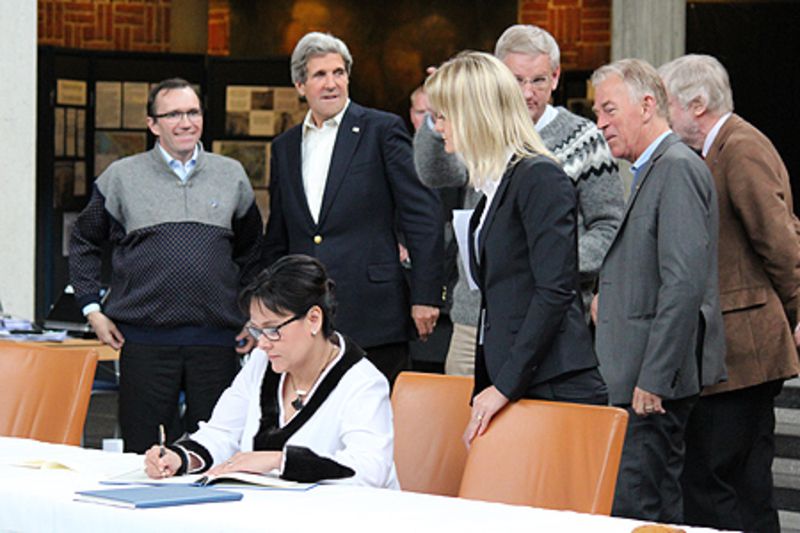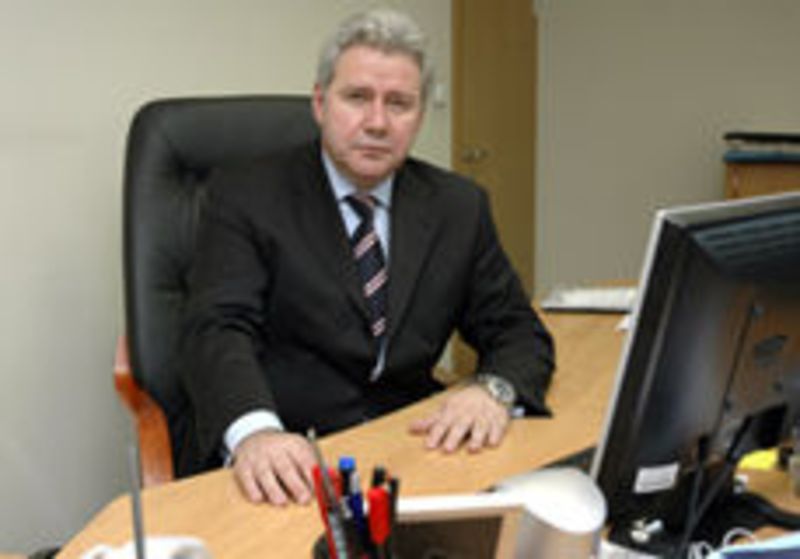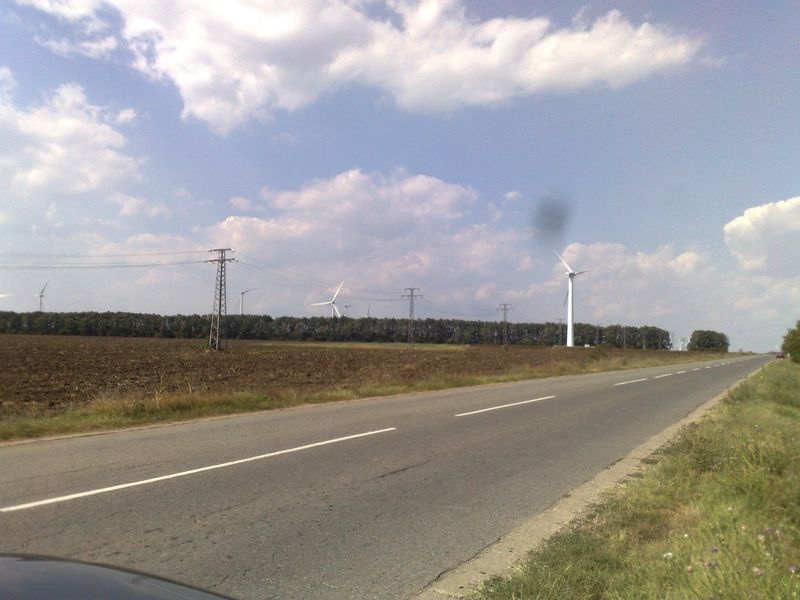Big questions with even bigger consequences ahead of Copenhagen
Adelina Marini, October 23, 2009
 Do you know what will happen if the temperature of Earth increases with 4 degrees Celsius? The question is as difficult as many different theories there are. Yesterday the UK presented a climate change map, prepared by the UK Meteorological Office with the cooperation of 27 scientists. According to the picture they have drawn of the world, based on their researches, the first thing that will suffer very seriously if the temperature rises by 4 degrees will be the water reserves. Then, the agriculture will be greatly affected, there will be extremes of the low and high temperatures, the periods of drought will increase, the forest fires and the sea level which, on its part, will lead to floods and other disasters.
Do you know what will happen if the temperature of Earth increases with 4 degrees Celsius? The question is as difficult as many different theories there are. Yesterday the UK presented a climate change map, prepared by the UK Meteorological Office with the cooperation of 27 scientists. According to the picture they have drawn of the world, based on their researches, the first thing that will suffer very seriously if the temperature rises by 4 degrees will be the water reserves. Then, the agriculture will be greatly affected, there will be extremes of the low and high temperatures, the periods of drought will increase, the forest fires and the sea level which, on its part, will lead to floods and other disasters.
At the moment global efforts are focused on achieving an agreement for keeping global warming not to exceed 2 degrees. This is the event horizon beyond which climate change will become irreversible. In other words, if the world allows global warming to exceed 2 degrees, even if we stop all factories, all cars, if we put off the light and heat, we will not be able to stop the consequent processes.
The map with the scary forecast was presented in Bulgaria as well by H.E. the British  ambassador to Bulgaria Steve Williams who gave it to the deputy foreign minister Krasimir Kostov. In order to achieve an agreement for truly global efforts to stop climate change, the big polluters and not only them, will have to agree on some very important for our present issues. One of them is the financing of climate change and green technologies.
ambassador to Bulgaria Steve Williams who gave it to the deputy foreign minister Krasimir Kostov. In order to achieve an agreement for truly global efforts to stop climate change, the big polluters and not only them, will have to agree on some very important for our present issues. One of them is the financing of climate change and green technologies.
One of the still unsolved issues is what to do with the carbon surpluses that some states have accumulated because of the disintegration of their industries for the last 20 years. Those are mainly Eastern European countries and the states from the former Soviet Union which experienced total collapse of the economies in the post communist period and were unable to fulfill their quotas, agreed in the Kyoto protocol.
The world leaders will also have to decide by the 7th of December when the Copenhagen summit starts, what the price of the carbon emissions will be on the carbon markets that still need to be further integrated or established. Another issue to be decided is whether the accumulated in the Kyoto period surpluses could be transferred in the Copenhagen period which will start after 2012. The position of Bulgaria is the surpluses to be transferred so that they can be traded afterwords. We have not managed to sell even 1 tonne of almost 50 mn annual surplus so far for numerous reasons, one of which is the lack of a stable price and the lack of demand.
 The ministers of the environment of the EU wrote in their conclusions after their Council on Wednesday that it was important a new common accounting framework to be developed because the large surpluses "could affect the environmental integrity of a Copenhagen agreement if it is not addressed appropriately". Such a balance right now is the big unknown. Deputy foreign minister Kostov explained for euinside that Bulgaria will not change its position but that the issue will be decided on a global level and not on a European one. Whatever the world leaders agree in Copenhagen, Mr. Kostov assured that we still 2 years until the Kyoto protocol expires so we have enough time to decided whether we want to sell our surpluses or not.
The ministers of the environment of the EU wrote in their conclusions after their Council on Wednesday that it was important a new common accounting framework to be developed because the large surpluses "could affect the environmental integrity of a Copenhagen agreement if it is not addressed appropriately". Such a balance right now is the big unknown. Deputy foreign minister Kostov explained for euinside that Bulgaria will not change its position but that the issue will be decided on a global level and not on a European one. Whatever the world leaders agree in Copenhagen, Mr. Kostov assured that we still 2 years until the Kyoto protocol expires so we have enough time to decided whether we want to sell our surpluses or not.
But to realise this Bulgaria will have to create the necessary institutional environment which would be responsible for such kind of trade and then to find buyers. In the current situation of hesitant data about the condition of global economy, this would probably be quite difficult. The advantage of Bulgaria is that, compared to Russia or Ukraine, it has relatively small surpluses and if their price is 7-8 euro per tonne, this might be a very good source of financing if there is good will and, even more - good management. Another advantage is that Bulgaria is a EU member which would make such trade a lot more easier.
 | © Government of Sweden
| © Government of Sweden | © КРИБ
| © КРИБ | © euinside
| © euinside